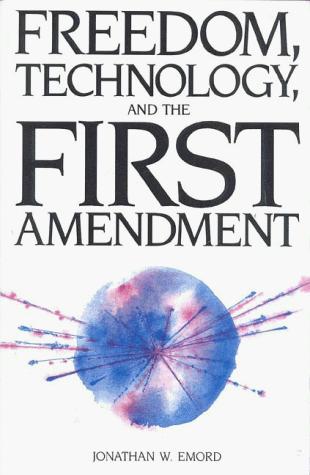On the podcast this week, Simon Chesterman, Vice Dean and Professor of Law at the National University of Singapore, and Global Professor and Director of the NYU School of Law Singapore Programme, discusses his new book, One Nation Under Surveillance: A New Social Contract to Defend Freedom Without Sacrificing Liberty. The discussion begins with a brief overview of the NSA and how it garnered the attention of Americans after 9/11. Chesterman discusses the agency’s powers and the problems the NSA encounters, including how to sort through large amounts of data. The discussion then turns to how these powers can become exceptions to constitutional protections, and how such exceptional circumstances can be accommodated. Finally, Chesterman suggests that there has been a cultural shift in western society, where expectations of privacy have dimished with technological and cultural trends, so that information collection by the government is generally accepted. However, he says, society is concerned with how that information is used. According to Chesterman, there should be limits and accountability mechanisms in place for government agencies like the NSA.
Related Links
- One Nation Under Surveillance: A New Social Contract to Defend Freedom Without Sacrificing Liberty, by Chesterman
- “Warrantless Wiretaps: A Guide to the Debate”, NPR
- Stronger Online Privacy Regulation Comes with Tradeoffs, TIME.com Techland
To keep the conversation around this episode in one place, we’d like to ask you to comment at the webpage for this episode on Surprisingly Free. Also, why not subscribe to the podcast on iTunes?



 The Technology Liberation Front is the tech policy blog dedicated to keeping politicians' hands off the 'net and everything else related to technology.
The Technology Liberation Front is the tech policy blog dedicated to keeping politicians' hands off the 'net and everything else related to technology.